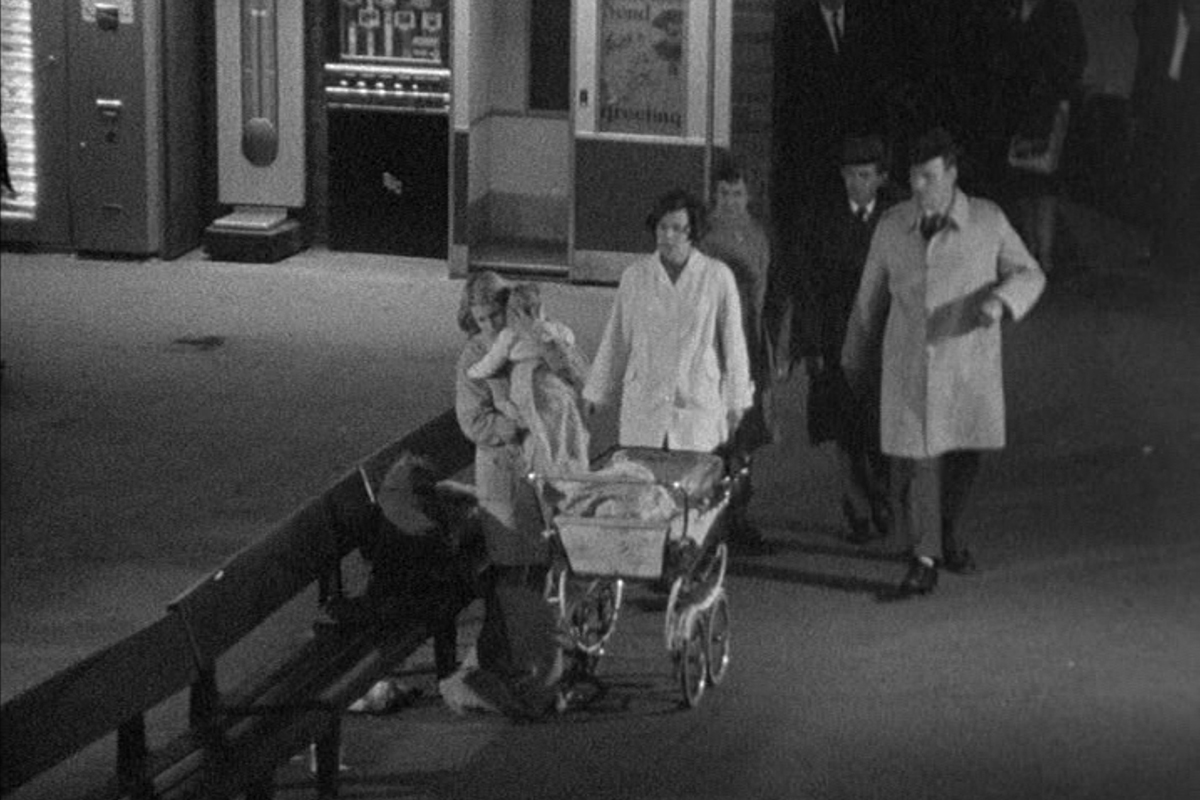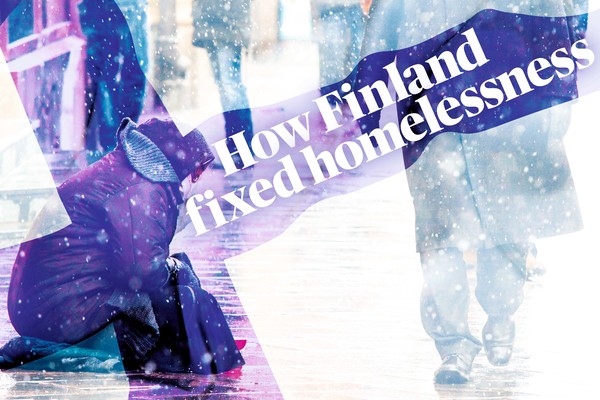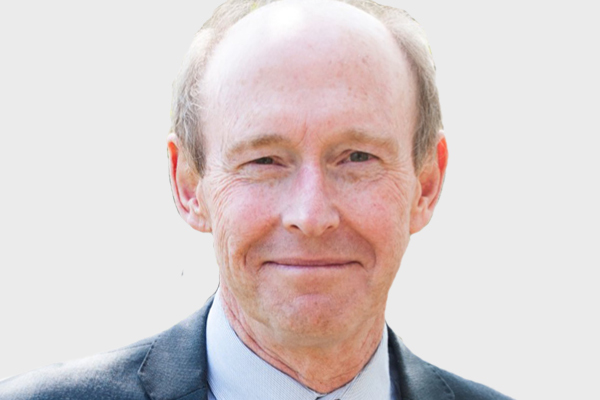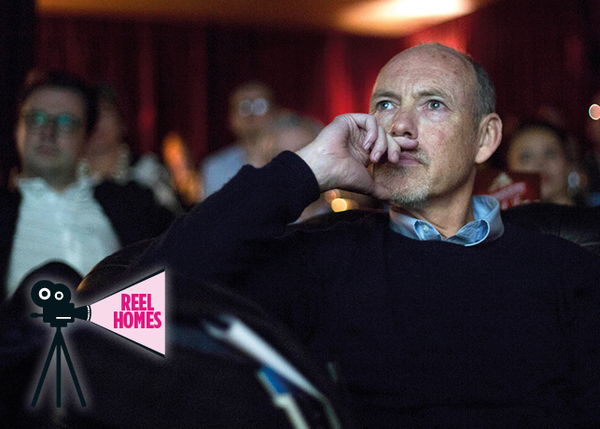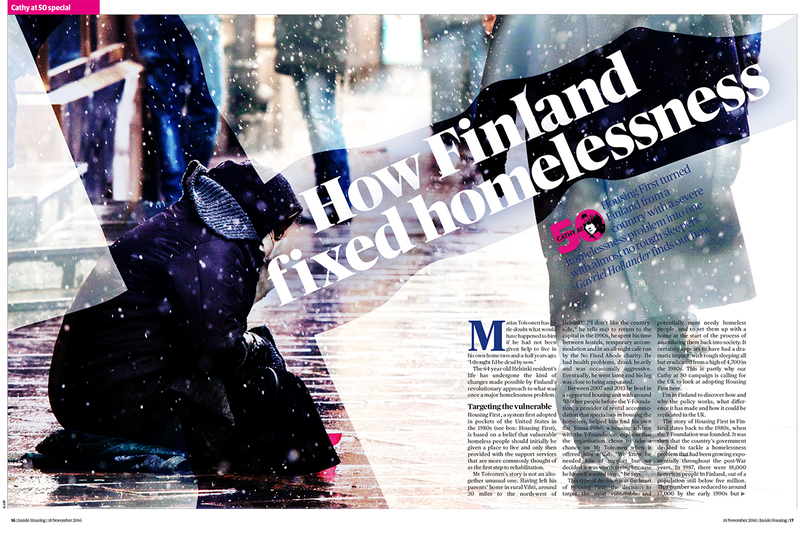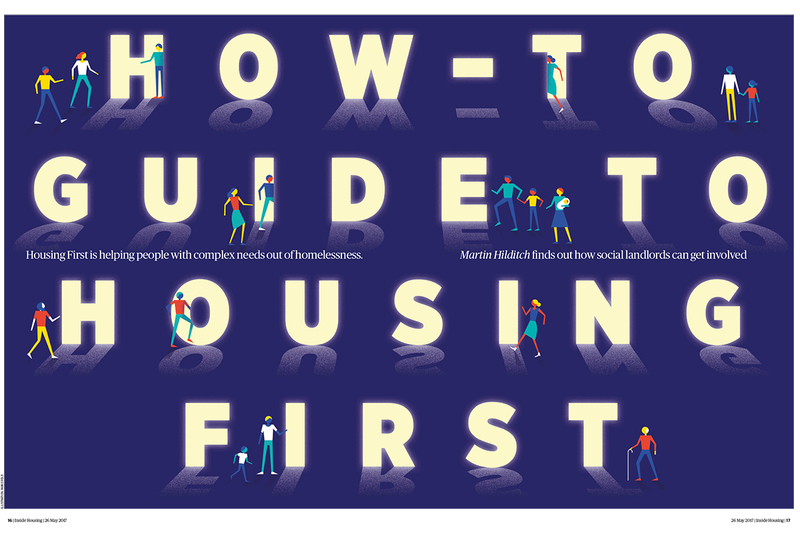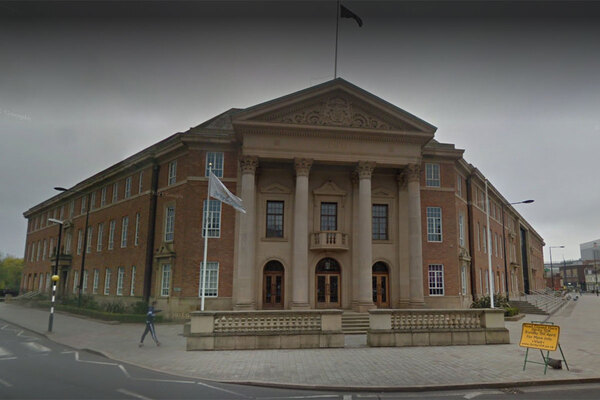You are viewing 1 of your 1 free articles
Cathy at 50: the results to date
Last November, Inside Housing launched the Cathy at 50 campaign in a bid to end rough sleeping. Martin Hilditch reveals how it delivered on its goals
This month’s general election campaign may not have left much clarity at the national level – but it did provide welcome consensus in one area.
The election campaign signalled a victory for Inside Housing’s Cathy at 50 campaign, as all the main English political parties backed one of its central goals by promising to take forward Housing First schemes as a way of tackling rough sleeping. Housing First involves providing vulnerable rough sleepers with a permanent home, alongside intensive support, without forcing them through a bureaucratic maze first.
Inside Housing’s campaign had called for the government to support Housing First projects and collect evidence about them.
Cross-party backing meant that whatever the result of the election, Housing First would have support.
Such unanimous endorsement is even more vital now, given the volatile political situation in which the UK finds itself following polling day.
This was just one of a number of wins for our campaign over the past seven months.
Here, we take a look back at the achievements and significant moments since it launched in November 2016 to mark the 50th anniversary of Ken Loach’s iconic film about homelessness, Cathy Come Home. At its core, the campaign had a single goal – to help reverse the shocking rise in homelessness in the UK and end rough sleeping. It worked across different platforms to achieve this central aim.
The week of action
The campaign launched with a week of stories to mark the film’s anniversary and promote a wider debate about the current homelessness crisis. By the actual date of the anniversary, Inside Housing’s #Cathyat50 hashtag had already gained traction within the sector; it was the hashtag used by homelessness charities to discuss the anniversary and was trending on the day.
Exclusive research launched that week included the revelation that more than 12,000 housing benefit payments were being made to people on low incomes living in caravan and mobile home parks, and that one in three councils had taken a child into care in 2014/15 where a central reason for the decision had been the family’s homelessness.
We visited Finland to find out how Housing First appeared to have turned it from a country with a severe homelessness problem into one with almost no rough sleepers. We also looked at how a Croydon community was taking matters into its own hands to find a solution to street homelessness.
The Reel Homes film competition
Cathy at 50’s ambition was also to reach beyond Inside Housing’s usual readership.
A common complaint from Inside Housing’s readers is that the sector is misrepresented in national media, through shows such as Benefits Street. The campaign sought to challenge this stigma, by involving readers in attempts to fund a new Cathy Come Home.
The aim was also to engage up-and-coming film-makers in debates about homelessness and the housing crisis and help kick-start a new generation of ethical film-making.
The Reel Homes film competition was a roaring success. Scores of housing associations, including the Homes for Cathy campaign group, dug deep to help amplify the competition. We raised more than £12,000 in total from our readers, used to help fund the winning film. The competition itself reached far beyond Inside Housing’s typical readership, receiving more than 30 entries, as film students and other emerging film-makers submitted test footage and synopses for their proposed film.
Eventually, after a detailed judging process, a shortlist of 10 candidates was revealed – and all of their submissions were shown at a special screening event in London Bridge.
At the end of the packed event, film-maker Megan K Fox (pictured above, holding her trophy) was announced as the overall winner for her film Girl.
She has already started writing an extended version of the film and will shoot it later this year.
Ms Fox says: “I’ve been concentrating on writing a strong first draft exploring all the elements of our character’s journey to homelessness over the past few weeks. It is coming along nicely and first reactions from our cast have been very promising.
"We’ve attached two brilliant actors in our lead roles who are very excited to begin workshopping the script once our first draft is polished up. It’s all go and we are looking forward to getting our teeth into serious pre-production in the coming weeks, with the shoot planned for early August.”
The campaign’s calls for action
Alongside running the Reel Homes film competition and the initial week of action, Cathy at 50 has a couple of specific goals.
The first is related to Housing First. On top of asking government to support Housing First projects, collect evidence and distribute best practice, we called on councils to explore Housing First as a default option for long-term rough sleepers and commission Housing First schemes. We also called on housing associations to identify additional stock for Housing First schemes.
The second demand was for the main political parties to commit to ending rough sleeping in the current parliament, and halve it by 2020 as a first step to achieving this.
In March, Inside Housing revealed that a study, part-funded by government, would be looking at how Housing First could be rolled out as a default approach to tackling rough sleeping. It will examine what would be needed to make this a reality, such as how to obtain housing stock and whether any system would focus solely on long-term rough sleepers.
Over in Greater Manchester the news was even more encouraging. New mayor Andy Burnham threw his weight behind Inside Housing’s campaign, stating: “Everybody should have a safe, warm and stable roof over their heads, which is why Inside Housing’s campaign to eradicate rough sleeping is so valuable, welcomed and much needed.” He has promised to eradicate rough sleeping in the region by 2020. Housing associations in the region also got involved, with the 27-member Greater Manchester Housing Providers network saying it was considering making units available for a Housing First programme, with landlords in Manchester already having signed up.
There has also been significant progress in the West Midlands, where the West Midlands Housing Association Partnership (WMHAP) has been looking at Housing First. Philippa Jones, chief executive of Bromford, one of the associations that backed the Reel Homes film competition and which is part of WMHAP, says: “Even before the mayor [Andy Street] was elected, the WMHAP board had recognised that the combined authority and a more joined-up approach to local services could lead to opportunities to deliver a Housing First approach.”
WMHAP is on Mr Street’s new task group on rough sleeping. Ms Jones adds: “Two of our members attended the initial meeting and we are all keen to make properties available to support a workable solution to the growing street homelessness we are seeing in our towns and cities.”
As mentioned above, the Conservatives, Labour and Liberal Democrats all backed Housing First during the general election campaign. The parties all committed to ending rough sleeping as well, although the Conservatives only pledged to do so over the next 10 years.
Reaction to the campaign
Matt Downie, director of policy and external affairs at homelessness charity Crisis
“The Cathy at 50 campaign has been a fantastic way to garner political support and energy for tackling the urgent problem of homelessness. Inside Housing has played a crucial role alongside Crisis and other homelessness charities in pushing for political consensus on reducing and ending rough sleeping. Ending rough sleeping is a matter of political will, so the manifesto commitments from the Conservatives, Lib Dems and Labour were a welcome consensus.
“Ending rough sleeping is a matter of political will.”
“We are particularly pleased to see commitments to Housing First, given the strength of evidence about permanent housing solutions to homelessness, but it is important that new ministers move quickly to roll out the approach across the country.”
Terrie Alafat, chief executive of the Chartered Institute of Housing
“The Cathy at 50 campaign used the anniversary of an iconic and influential film to highlight the ongoing issue of homelessness in the UK to great effect. As well as pushing for workable solutions, the campaign highlighted the extent to which homelessness is still a huge problem and how far we have left to go to eliminate it.
“We still have a significant homelessness problem.”
“Half a century after the release of Cathy Come Home, we still have a very significant homelessness problem and thousands of people sleep on our streets every night. It was excellent to see a focus on homelessness in the party manifestos ahead of the general election – in particular pledges to tackle rough sleeping and pilot Housing First schemes, both of which were key goals of Cathy at 50.”
David Bogle, chief executive of Hightown Housing Association
“Inside Housing’s Cathy at 50 campaign has really helped to draw attention to the rising numbers of rough sleepers and homeless families and the need for the social housing sector to pull together to try to provide solutions. The campaign complements what we have been doing in the Homes for Cathy group of housing associations to highlight the 50th anniversary of Ken Loach’s film through the Cardboard Citizens theatre group, showings of Cathy Come Home and other events.
“We must keep the campaign going.”
“The Reel Homes film competition, which was sponsored by many Homes for Cathy associations, has engaged young film-makers in homelessness issues and produced so much great material. We must keep the campaign going and deliver more homes and services for homeless people.”
